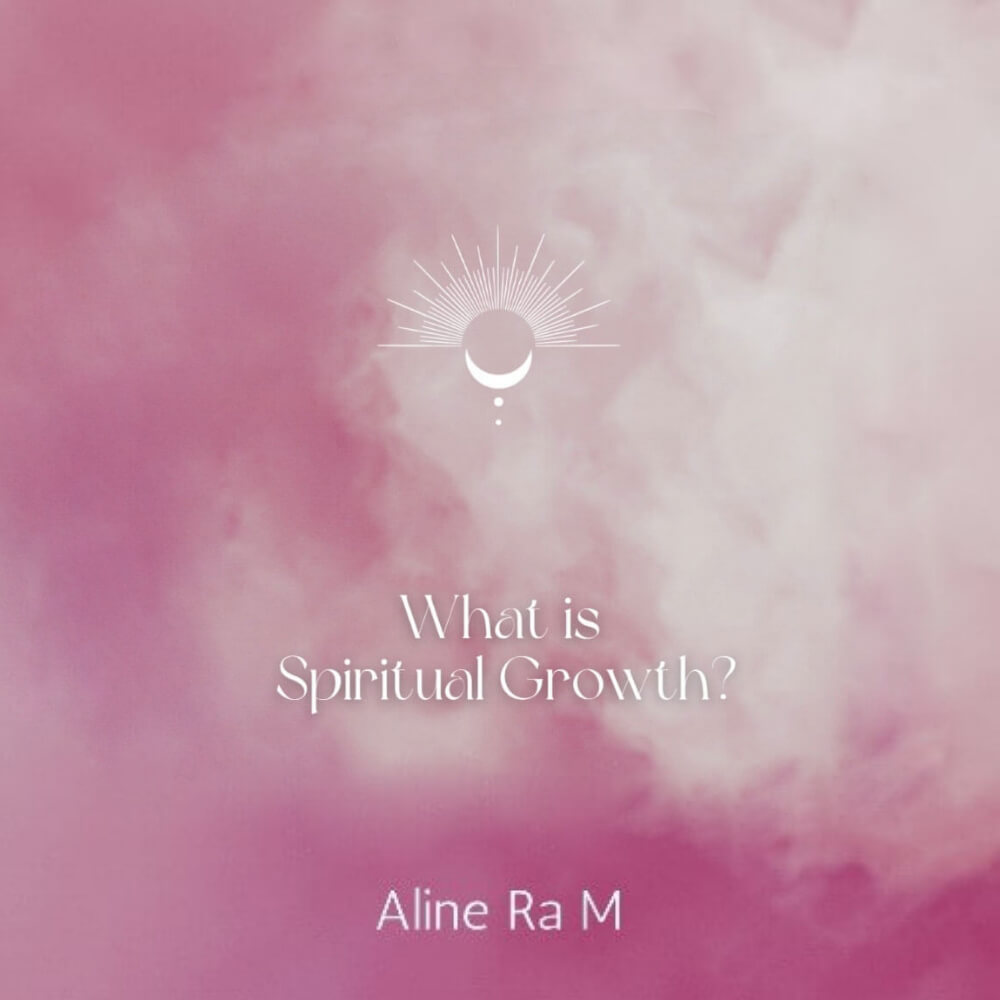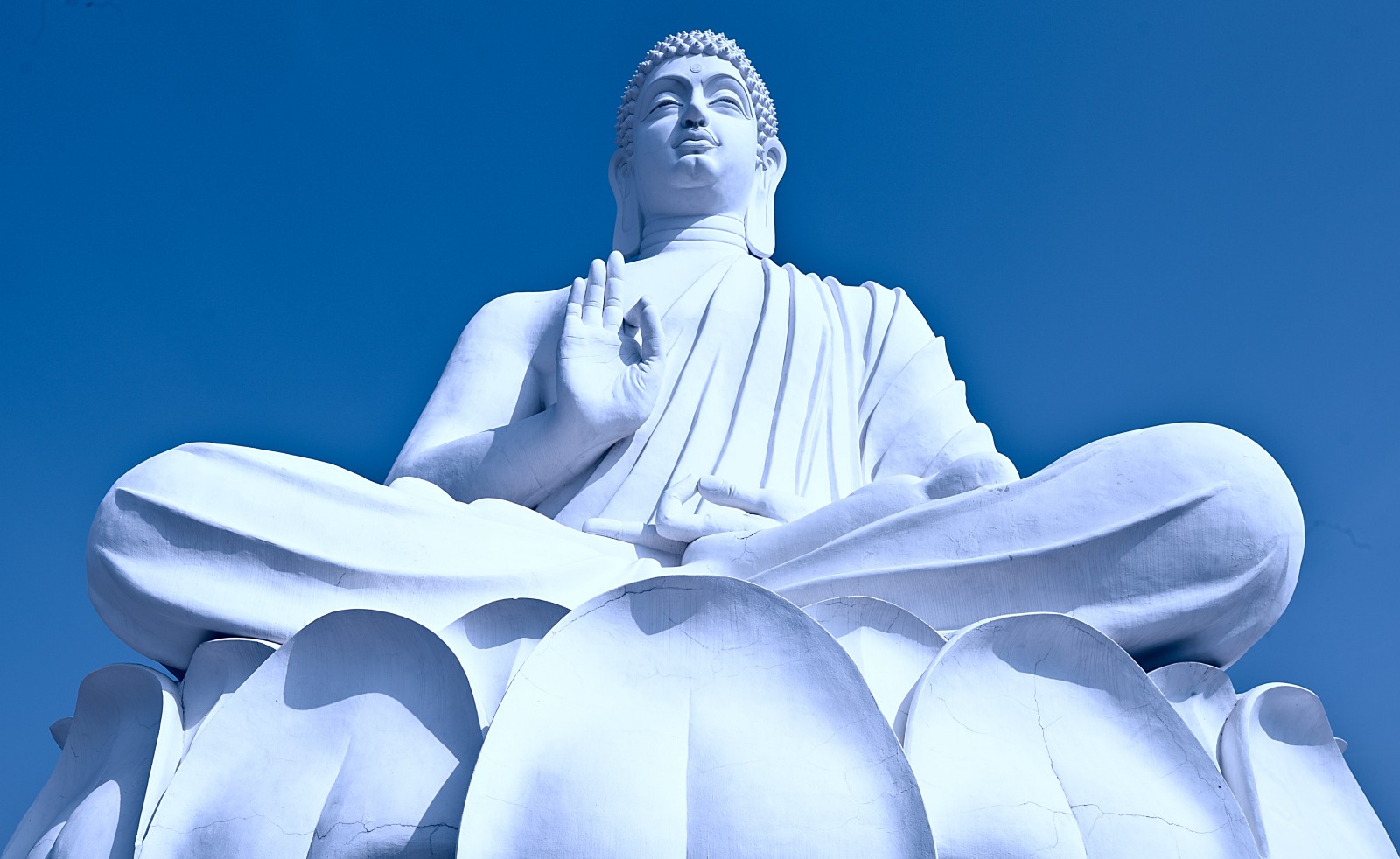Sitting under a tree, Buddha attained what most spiritual practitioners long for: enlightenment.
What do you want? Maybe you also want liberation. Or maybe you want to build a great company, leave your country and job behind, protect the rainforest, or any other vision of your desire.
Whatever it is you are going for, the journey of Buddha offers us valuable teachings.
It took Buddha seven weeks of uninterrupted meditation under the bodhi tree to get to enlightenment. But before he sat there, he didn’t say “I will sit there and meditate for seven weeks nonstop to get enlightenment”. He didn’t know how long it would take and it didn’t matter. For all he knew, maybe this wasn’t it, and he would have to try something else later. This doesn’t change it that he knew he had to do it, that this was a step in his path.
It could have taken longer or shorter than it actually did, and it doesn’t matter. What matters is the attitude of “I am going to sit here and do this for as long as it takes.” And so he sat there until he was completed with it.
Willingness. It is not enough to want it. Wanting something doesn’t make anyone worthy of it. Now, willingness that leads to doing what it takes, to facing fears, now we are talking. We all want a bunch of things we never get.
Everything has its price, and willingness is our ability to pay for it. The work we put on is the price, generating the energy exchange needed for our longing.
The thing is, many times in life, as we pursue our dreams, we have no idea of what is going to actually take us there. We have hunches, learn from how others made it, try different things, fail a few times, take our lessons, adapt – and keep going.
In practical life, we constantly put deadlines and rules to things that are out of our control. We plot time charts, project-manage, and repeat affirmations.
If we want something, we are of course to focus and work on it — that’s how we make it happen.
Yet, we don’t know when we are going to have that idea that will skyrocket our career, find the big solution for the social problem we carry so much, or meet the love of our lives.
A big part of the process is to surrender to it.
Otherwise, how much do we really want what we say we want? Would we give up on our dreams if they don’t happen in the time we have defined? How prone are we to fall to plan B, C or D?
Don’t get me wrong, whatever we are doing, it’s fine to drop it, because well, we all can change and so our wants and needs. But there’s a difference between letting something go because we honestly no longer want it, from giving up because it didn’t fit with our time-frames.
Trying to control the uncontrollable
A whole week of silence is ahead of us. Before we get started with the silent retreat, we gather and share our intentions. Commonly shared purposes are to go deeper into the meditation practice and improve one’s ability to listen to themselves. Another is enlightenment, which surprises me.
In this vastly urbanized and consumption-driven age, it is beautiful to find people shooting for the stars in their spiritual practice. That said, to have enlightenment as a goal for a one-week silent retreat is, if anything, audacious.
Yes, we do meditate a lot on silent retreats. But most importantly, no matter the hardship, when you get in a retreat, you know when you are getting out — and it is soon. There is a deadline for the sacrifice. These clear definitions and boundaries make it hard to set a goal that is so out of our control. No one knows the perfect mechanics of enlightenment in order to manipulate it.
Big quantifiable goals are good until they are not.
They are good to get us motivated, so we get out of our inertia. So we sit on the mat and meditate, and have the guts to resign from our job or ask for a raise. But when we actually go for it, it’s time to drop that goal fixation and just be there, fully, immersed in that experience, for this is what allows us to live it, to learn our lessons, to connect, and listen to our intuition.
You can’t be on that cushion repeating to yourself “get enlightenment to get enlightenment” or to that meeting “get the hell out of this company” as much as you need to meditate and have an honest conversation with your boss.
When we are fully in life, there’s a time-lapse. We don’t count the minutes or hours. We surrender to it and let it unfold on its own.
What do you want?
Do you really want what you want? Or is it just an add-on, something to compensate for something else that is hurt or missing?
The story of Buddha goes that as he sat under the tree, he was tempted by the demon Mara. The three daughters of the demon tried to seduce Buddha with all kinds of passions, greed, and attachments.
These seductions can be seen as our inner temptations, from our mind and body. These are short-term gains that relieve us from pain and maximize our pleasure, such as fears, need for safety, and control.
The message is simple: if we want something badly, we need discipline. We need to distinguish what we want most over what we want now. Stay centered, above all. Undistractable.
In days where religion is not very popular, we call it making trade-offs. But in essence, it is about making sacrifices. We can have anything, but not everything.
Most of the things we say we want, we don’t, really. Having them is a result of a journey of transformation that requires many changes and detachments. We want the results, without the process, which is la-la land.
Sacrifices are needed. In a very practical approach, in the words of Seth Godin:
“The art of moving forward lies in understanding what to leave behind. “
The reasons why we don’t do this type of work are clear. We are afraid. Who wouldn’t? It didn’t take me one minute to come up with the list of fears below.
Fear of failing and not having a plan B. Fear of not being good enough. Fear of pain. Fear of choosing wrong and closing doors. Fear of commitment and sacrifices. Fear of social ostracism. Fear of the uncertainty of the unknown. Fear of getting out of money.
If 2,600 years ago Buddha was tempted by all sorts of demons, imagine us, in 2022.
We are in the age of 10,000 different holiday destinations to choose from, and endless affordable entertainment options. Any possible comfort is one click away.
It is this convenience that stands in the way of self-realization. The amount of safety and comfort we fear losing implies a great risk. We enjoy our comforts.
Growth comes from challenges and not comfort. Every time you feel some discomfort, some anxiety, there lies growth potential.
It’s not about not feeling fear. It’s about despite the fear, doing the work anyway. Choosing the challenge.
Building our strength, our discipline, and our devotion to ourselves.
Every single day for who knows how long.
Are you ready to go for what you want for as long as it takes?

